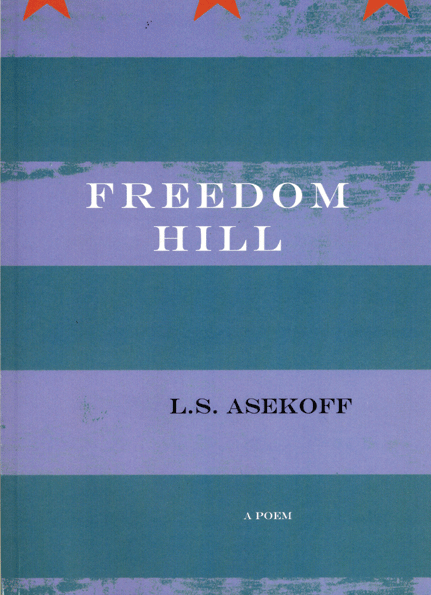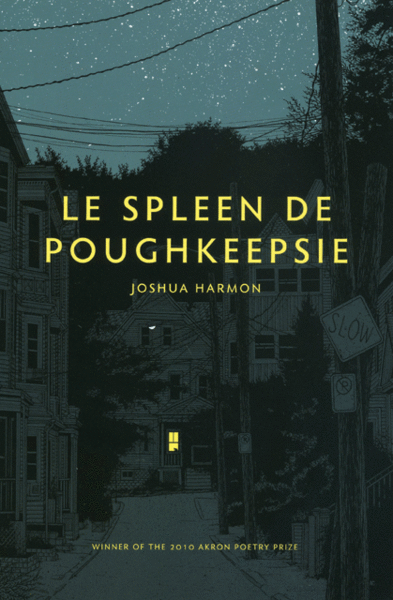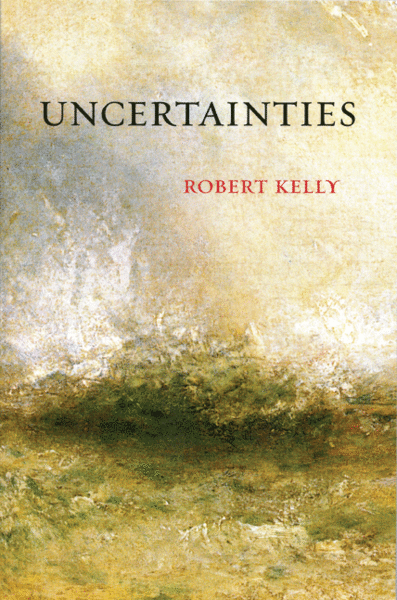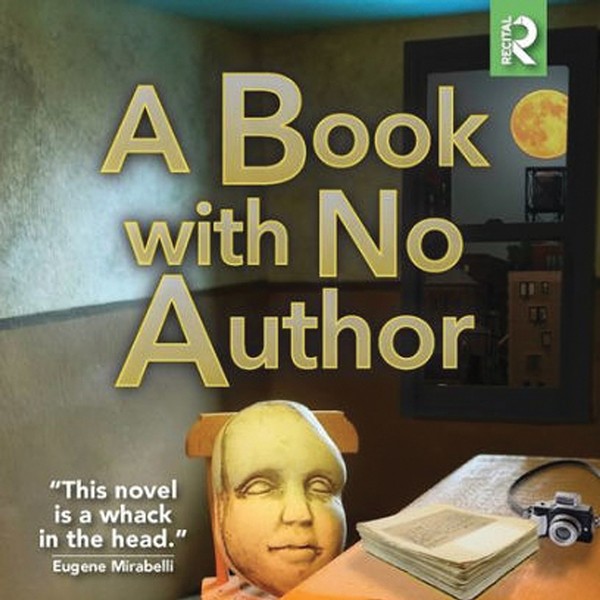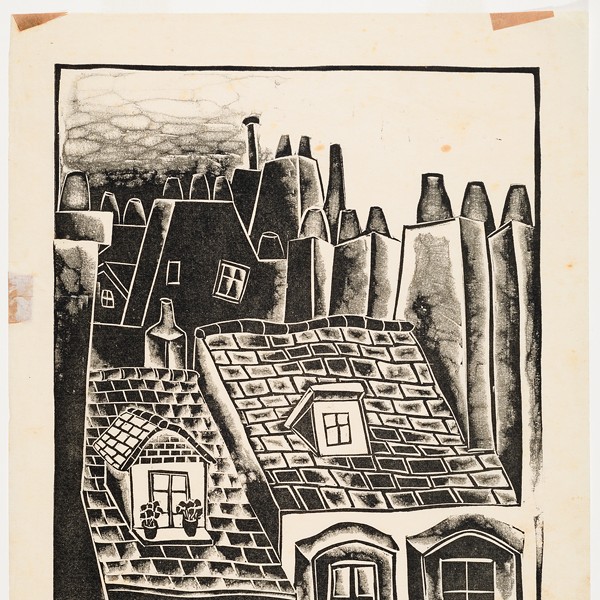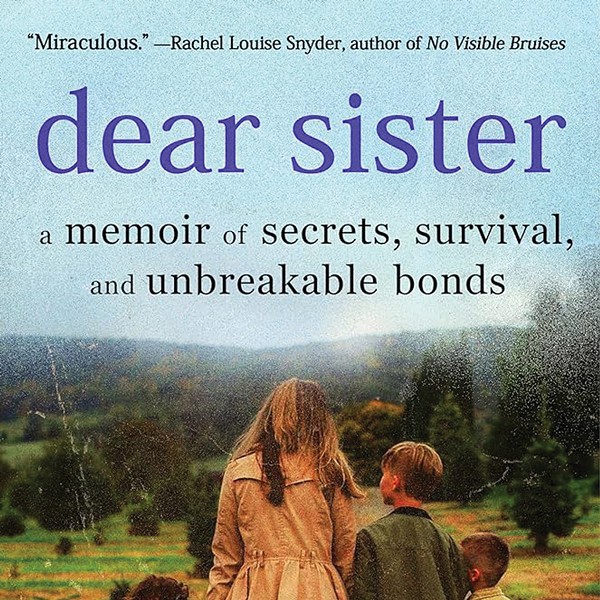Freedom Hill
L.S. Asekoff
Triquarterly Books, Northwestern University Press, 2011, $16.95
“Can you hear me? Now? Now? Now?” Thus begins Asekoff’s brilliant verse novella, a dramatic one-way “phonologue” with Louis, the poet’s mentor-namesake. The witty 60-year-old professor riffs energetically—often savagely—on millennial America. “I began my essay,” he writes, “on the all-American fast food—blood…” Informed by wide reading and a surreal sensibility, this beautifully-crafted comedy of manners moves from rural Maryland to Manhattan’s art world and finally to a hospital where, recovering from a stroke, Louis relearns language, finding consolation in “the visible into the invisible” flights of birds “…like something that has migrated and then found its way home.” A masterpiece! —LG
The Still Position
Barbara Blatner
New York Quarterly Books, 2010, $14.95
Blatner addresses her dying mother in a verse memoir of unflinching physicality: In these vivid imagistic poems, we see the weakening mother become a swamped skiff, “little fish,” “birdbody.” Narrow and jagged, the poems on the page suggest the skeletal mother, the breathless, anguished daughter. But rawness is countered by natural beauty, family bonds, laughter. The shadowy mountains, the lawn’s “mauvey” butterflies, the newly antlered buck offer consolation, while the mother’s lively dialogue charms: “Give me Pavarotti/or nothing!” she crows. Her last words to her squabbling adult offspring? “Don’t be an ass!” Good advice, redemptive poetry. —LG
Crush Test
Dennis Doherty
Codhill Press, 2010, $16
Doherty builds poems like a bower bird, gleaning linguistic trinkets from such unlikely sources as an AP news headline (“Mystery Blob Found Near Dawn of Time”) or the title poem’s discarded carton, with its braggart “Edge Crush Test (40 Pounds).” He sings the body electric in language both startling and muscular, from the ecstatic recollection of “the god-gathered elate bodysurf lift” to the blunt “Mud and sex are wet smut and there’s a lot/you can make with them, like bodies and bowls.” “This is no confessional,” Doherty warns, but his poems court intimate knowledge. —NS
Dennis Doherty
Codhill Press, 2010, $16
Doherty builds poems like a bower bird, gleaning linguistic trinkets from such unlikely sources as an AP news headline (“Mystery Blob Found Near Dawn of Time”) or the title poem’s discarded carton, with its braggart “Edge Crush Test (40 Pounds).” He sings the body electric in language both startling and muscular, from the ecstatic recollection of “the god-gathered elate bodysurf lift” to the blunt “Mud and sex are wet smut and there’s a lot/you can make with them, like bodies and bowls.” “This is no confessional,” Doherty warns, but his poems court intimate knowledge. —NS
Le Spleen de Poughkeepsie
Joshua Harmon
The University of Akron Press, 2010, $14.95
“Spleen” has at least five meanings in French and English, and Vassar professor Harmon explores them all, keeping Charles Baudelaire’s Le Spleen de Paris in mind, while describing the ineffable loneliness of a hard-luck city: “The house shudders in wind/like living with my girlfriend.” Harmon’s poetics is as varied and informed as his observations are piercing, aching, and sometimes chilling. Saying the unimpeachable thing is Harmon’s authority. —DM
Joshua Harmon
The University of Akron Press, 2010, $14.95
“Spleen” has at least five meanings in French and English, and Vassar professor Harmon explores them all, keeping Charles Baudelaire’s Le Spleen de Paris in mind, while describing the ineffable loneliness of a hard-luck city: “The house shudders in wind/like living with my girlfriend.” Harmon’s poetics is as varied and informed as his observations are piercing, aching, and sometimes chilling. Saying the unimpeachable thing is Harmon’s authority. —DM
Uncertainties
Robert Kelly
Station Hill, 2011, $15.95
Composing a book’s worth of poems in unpunctuated two-line stanzas may seem a bit like trying to dance in a straitjacket, but the polymathically perverse Kelly finds freedom in constraint. Call-and-response lines of mysterious beauty (“some say there are no animals at all/men die in India from the tiger claws of dreams”) and quirky humor (“Go milk that cloud of one more morning/language is breakfast but what’s for lunch”) etch themselves on the imagination like cross-country ski tracks. —NS
Fried Fish and Flour Biscuits
Molly McGlennen
Salt Publishing, 2011, $15.95
McGlennen’s title belies the grandeur and tragedy of these diverse and deft lyrics about Native Americans. The author, who is part Anishinaabe, is, like her subjects, rooted in their majestic respect for the ordinary. Our First People never needed William Carlos Williams to celebrate what a consumer society quickly churns into junk. “I have been told the secrets of never having a home,” begins “Columbus Day”–words that could have been spoken by Chief Joseph or Black Elk. These poems are elegiac and heart-rending. —DM
You and Three Others Are Approaching a Lake
Anna Moschovakis
Coffee House Press, 2011, $16
Moschovakis’ prizewinning second collection presents poems that are precise, yet surprising in the liberties they take, the paths they follow, the tangents they explore. We witness Louis XV’s extravagant hunting expedition: “The carcasses came home in bags/the nobles came home drunk…” Is this 1755, or 2011? Short lines poised in white space and sentence-stanzas linked by logical word-bridges calmly interrogate our ways of life. Are we the wasteful wilderness backpackers told: “The canoe turned over is/a house,” then warned, “The island turned over/is a canoe”? These wise poems are warm, often funny, linguistically lively, and beautiful. —LG
Verbal Paradise, Preverbs
George Quasha
Zasterle Press/Small Press Distribution, 2011, $15
English owes its magisterial authority to poets like George Quasha. He finds its frontiers and surveys them. But he is concerned with more than the aeronautics of words—he choreographs their dance with his ideas. “When a poem is all here it is living its future now./A line is an age./Any word carries untold emptiness equal to what it says.” These three lines reveal verbal paradise as a fireworks of verb and ideation, the verb acting as the fuse for stunning meditations. There is a kind of mathematical glory in Quasha’s poems. —DM
What Focus Is
Matthew J. SpirengGeorge Quasha
Zasterle Press/Small Press Distribution, 2011, $15
English owes its magisterial authority to poets like George Quasha. He finds its frontiers and surveys them. But he is concerned with more than the aeronautics of words—he choreographs their dance with his ideas. “When a poem is all here it is living its future now./A line is an age./Any word carries untold emptiness equal to what it says.” These three lines reveal verbal paradise as a fireworks of verb and ideation, the verb acting as the fuse for stunning meditations. There is a kind of mathematical glory in Quasha’s poems. —DM
What Focus Is
Word Press, 2011, $18
A sniper’s memory and a sense of reconnaissance pervade Matthew Spireng’s poems, but haunting ideation distinguishes them. In “Recognition” he writes, “Remember, before we met/I always dreamed I was you.” How better to say this familiar sensation? Spireng is a poet of place, space, and creatureliness--the book begins with a drowning horse and ends with a pigeon attending a poetry festival. The rhetoric is evolved and informed, inarguably appropriate to the task, even if it’s to describe poet Marge Piercy’s twiddly toes. —DM
Charlotte BrontË, You Ruined my Life
Barbara Louise Ungar
The Word Works, 2011, $15
Ungar’s far-reaching third collection treats, in various ways, failed love: “I put my head inside an alligator’s/jaws to touch tongues.” Thus she depicts the sexy but withholding “brute”-husband from whom she journeys. Ungar pulls love’s “rusted hook” through research into literature and pop culture. We meet Jane Eyre, Barbie, Rembrandt’s Lucretia, and—when love appears—Dante’s Beatrice. The ways society suppresses women are detailed in the horrifying “The Brank”—the shrew’s helmet that lacerated the tongue—and “Mo’ Bad Names for Women” (“…ho hooker harlot streetwalker slapper…”) Although heart-wrenching and sometimes angry, the poems are witty and always musical. —LG
Barbara Louise Ungar
The Word Works, 2011, $15
Ungar’s far-reaching third collection treats, in various ways, failed love: “I put my head inside an alligator’s/jaws to touch tongues.” Thus she depicts the sexy but withholding “brute”-husband from whom she journeys. Ungar pulls love’s “rusted hook” through research into literature and pop culture. We meet Jane Eyre, Barbie, Rembrandt’s Lucretia, and—when love appears—Dante’s Beatrice. The ways society suppresses women are detailed in the horrifying “The Brank”—the shrew’s helmet that lacerated the tongue—and “Mo’ Bad Names for Women” (“…ho hooker harlot streetwalker slapper…”) Although heart-wrenching and sometimes angry, the poems are witty and always musical. —LG







